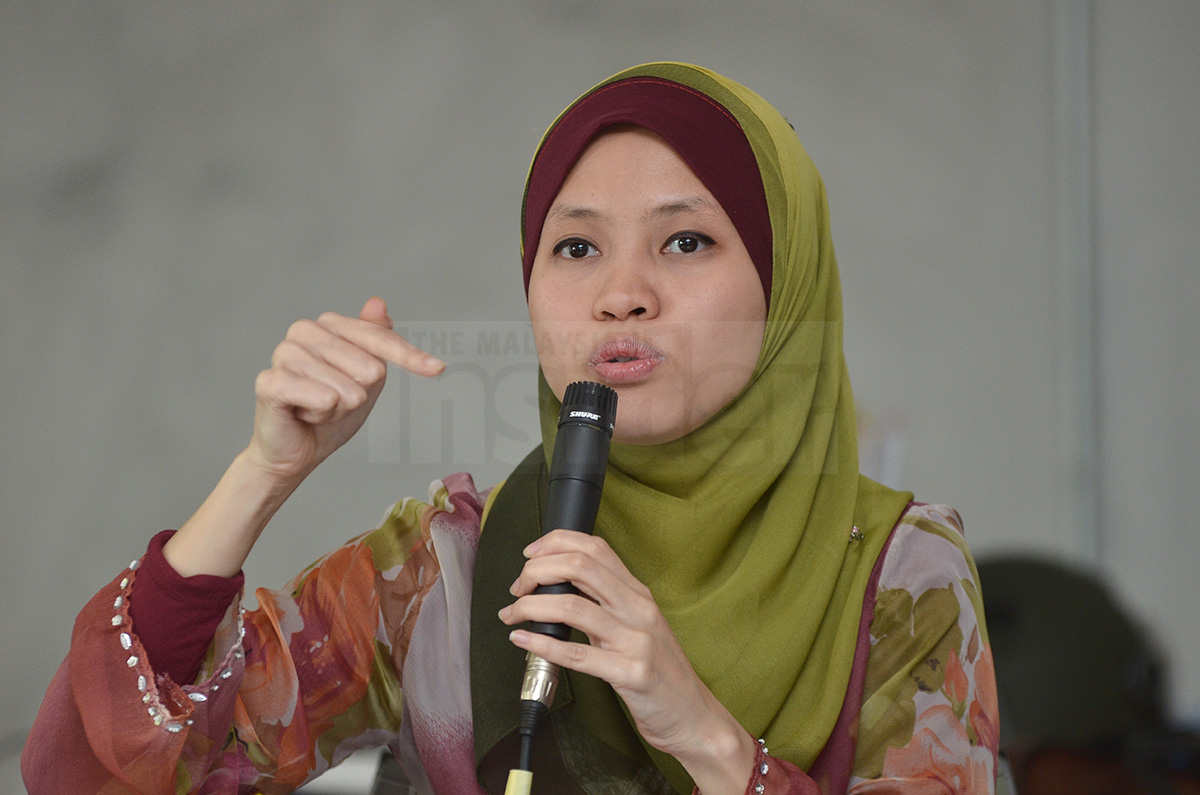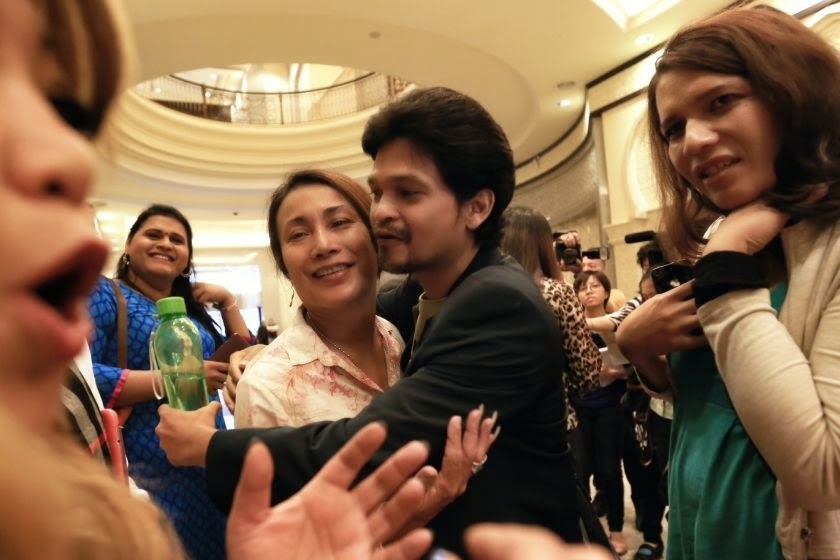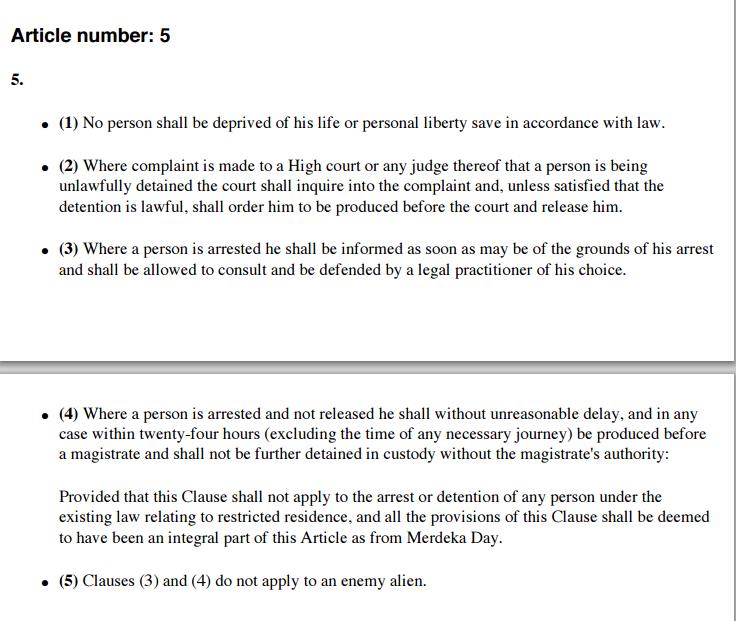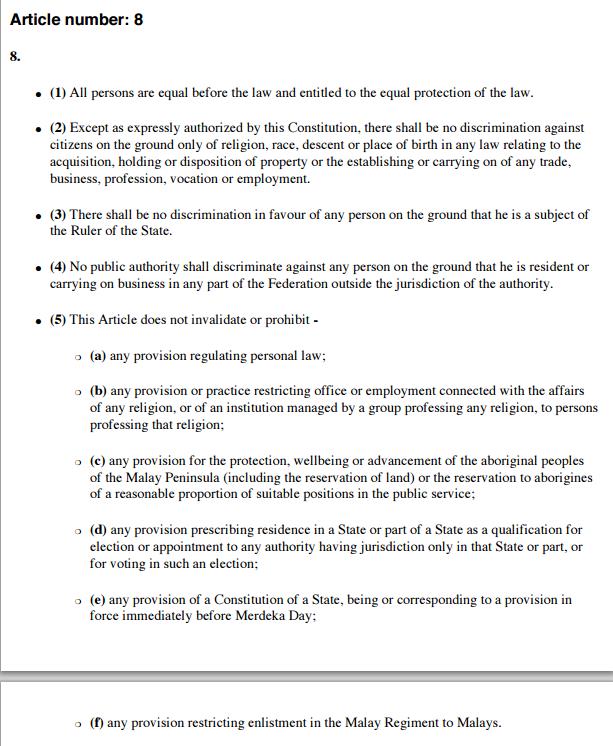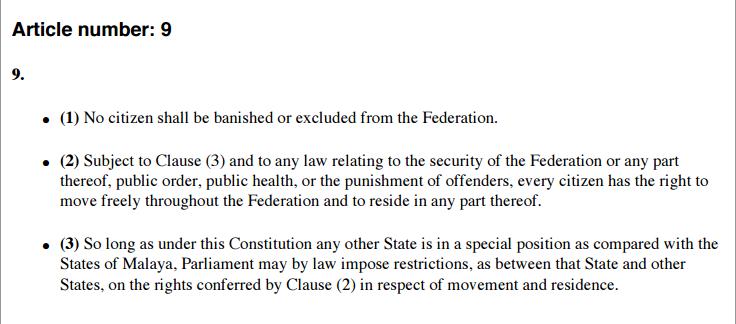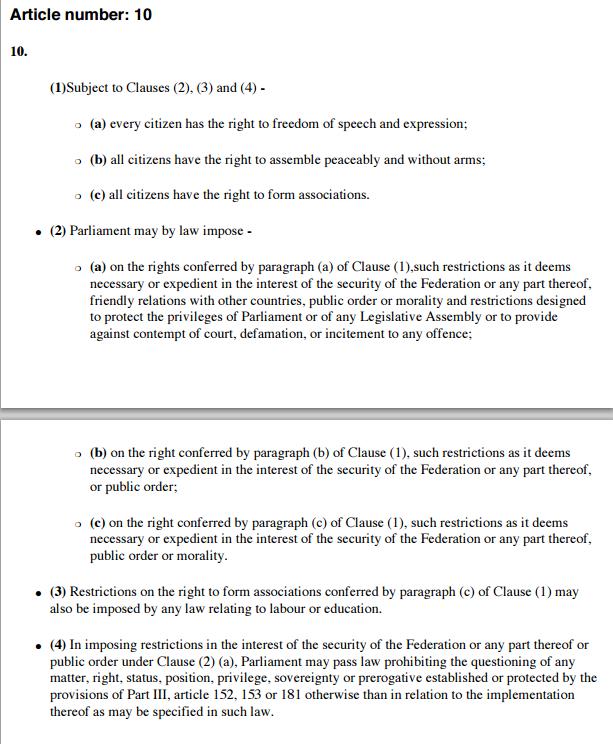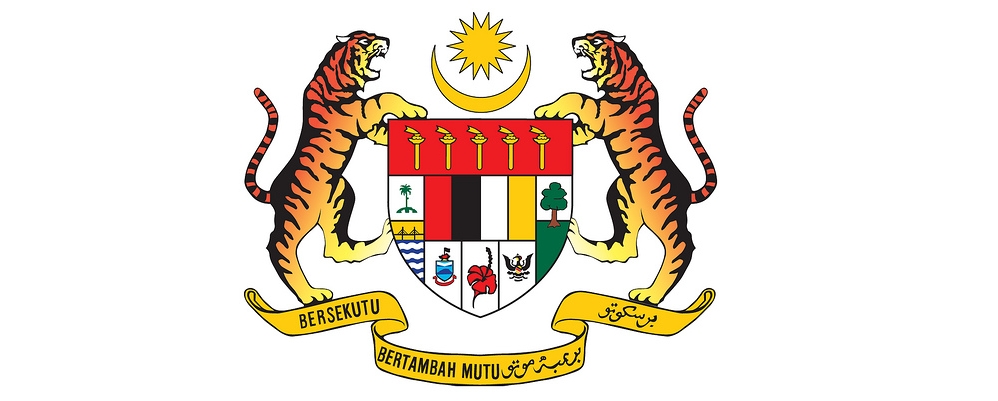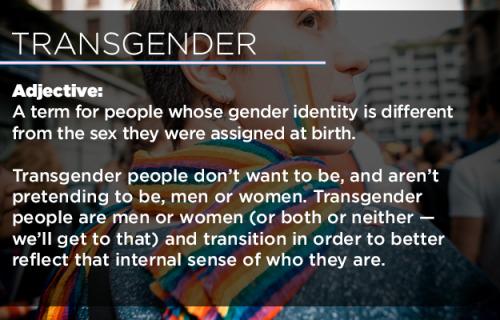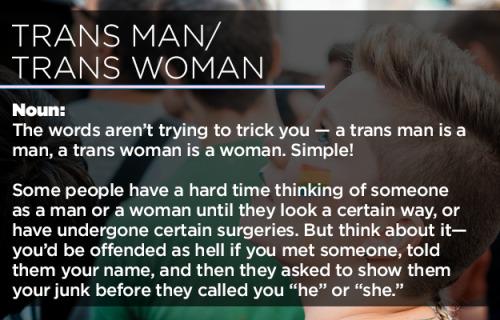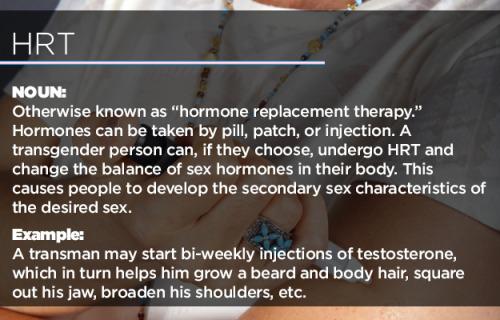How The Court Of Appeal's Favourable Decision Toward 3 Transgender Muslims Affects You Too
Section 66 penalises Muslim men for dressing or posing as women in public places. It does not provide an exception for those with Gender Identity Disorder, but subjects them to the enforcement of the law.
Back in November 2014, the Court of Appeal, in a landmark judgement, declared that Section 66 of the Negri Sembilan Enactment 1992 violated several Articles of the Constitution
A three-member panel led by Justice Datuk Mohd Hishamudin Mohd Yunus, allowing the appeal of three trans women, recognised the rights of transgender Muslims who suffered from Gender Identity Disorder (GID) where they dressed and behaved like a woman.
The three trans women are Muhamad Juzaili Mohamad Khamis, Shukor Jani, and, Wan Fairol Wan Ismail.
During the ruling, Judge Mohamad Yunus said the "degrading, oppressive and inhumane" law discriminated against people with gender issues, adding that criminalising cross-dressing is an unreasonable restriction of a person's freedom of expression.
In Malaysia, where gender issues and homosexuality continue to remain a taboo topic, all Muslims are subject to Islamic laws, under a double-track legal system. Under those laws Muslim men dressing or acting as women is illegal.
The panel, which included Justices Aziah Ali and Lim Yee Lan, agreed that Gender Identity Disorder (GID) was a mental condition which could not be changed through therapy or pharmaceuticals, and thus, was an intrinsic part of an affected individual.
Following the Court Of Appeal's ruling, the Negeri Sembilan government said it will file an appeal to the Federal Court
Menteri Besar Mohamad Hasan said although the state government respected the decision, it was of the opinion that the case should be reviewed by the Federal Court because Section 66 should be looked from the religious point of view, and not from other aspects.
He said this was a very important case and if not addressed accordingly, would be destructive for Malaysia and bring about negative implications to the status of Islam in the country.
On 27 January, the Federal Court allowed the Negeri Sembilan government's leave application to challenge the Court of Appeal's ruling. However, it denied state religious authorities to intervene.
The Federal Court has allowed the Negri Sembilan government to appeal against the Court of Appeal's ruling which deemed a provision in the state religious enactment that criminalised cross-dressing by Muslims as unconstitutional.
Image via themalaysianinsider.comA five man bench, led by Tan Sri Raus Sharif, allowed one question to be argued during the appeal without hearing submission from opposing parties.
The question is whether Section 66 of the Negri Sembilan's Shariah Criminal enactment contravened Articles 5, 8, 9 and 10 of the Federal Constitution.
Parties will have to file within 14 days for case management before a date is fixed to hear the appeal.
But why should you care about it? Well, because it's not just about the 3 trans women. The case affects every single Malaysian where our fundamental liberties are concerned.
Constitutional lawyer Firdaus Husni speaks during a forum on human rights and the Malaysian transgender community in Kelana Jaya.
Image via themalaysianinsider.com"It affects you and me as well where our fundamental liberties are concerned," Bar Council constitutional law committee chair Firdaus Husni told the Human Rights and the Malaysian Transcommunity forum in Petaling Jaya on 24 January 2015.
Let's take a look at how the Court of Appeal's favourable decision in November 2014 toward the 3 trans women by declaring invalid Section 66 criminalising cross-dressing impacts all Malaysians
Supporters of transgender rights group Justice for Sisters celebrate outside the Court of Appeal after court declares Section 66 of Negri Sembilan Shariah law unconstitutional.
Image via Saw Siow Feng/National Express MalaysiaFirst of all, the decision, which has been hailed as landmark, upheld the basic rights promised under the Federal Constitution
The constitution forbids discrimination against citizens based on sex, religion, and race.
The Court of Appeal in its ruling affirmed 4 of the 9 human rights articles stated in the Federal constitution
Fundamental liberties in Malaysia are set out in Articles 5 to 13 of the Constitution, under the following headings: liberty of the person, prohibition of slavery and forced labour, protection against retrospective criminal laws and repeated trials, equality, prohibition of banishment and freedom of movement, freedom of speech, assembly and association, freedom of religion, rights in respect of education and rights to property.
The Section 66 of the Negri Sembilan Enactment 1992, that violated several Articles of the Federal Constitution, discriminated against Muslim men with Gender Identity Disorder
The shariah enactment's Section 66 penalised Muslim men who dressed or posed as women in public places. It did not provide an exception for those with GID, but simply ignored them and unfairly subjected them to the enforcement of the law.
If the Court of Appeal's ruling in favour of transgender people is overturned, not only are they going to be deprived of these basic rights, but the same decision can be used to curtail any other Malaysian's basic rights
Transgender people don't want to be, and aren't pretending to be, men or women. They are men or women or both or neither.

